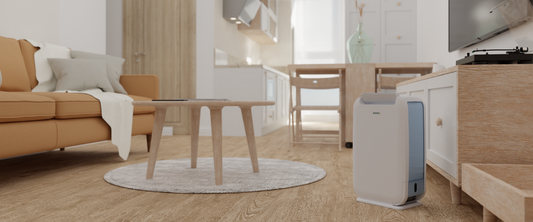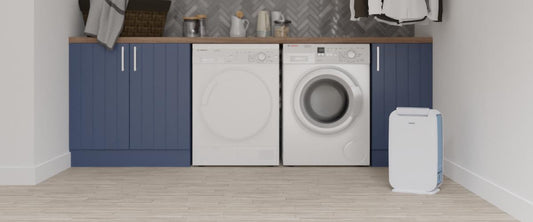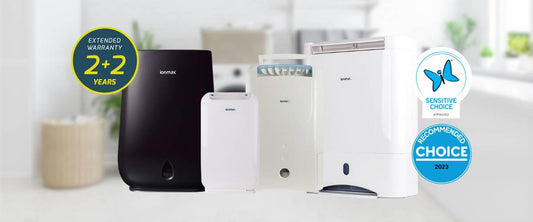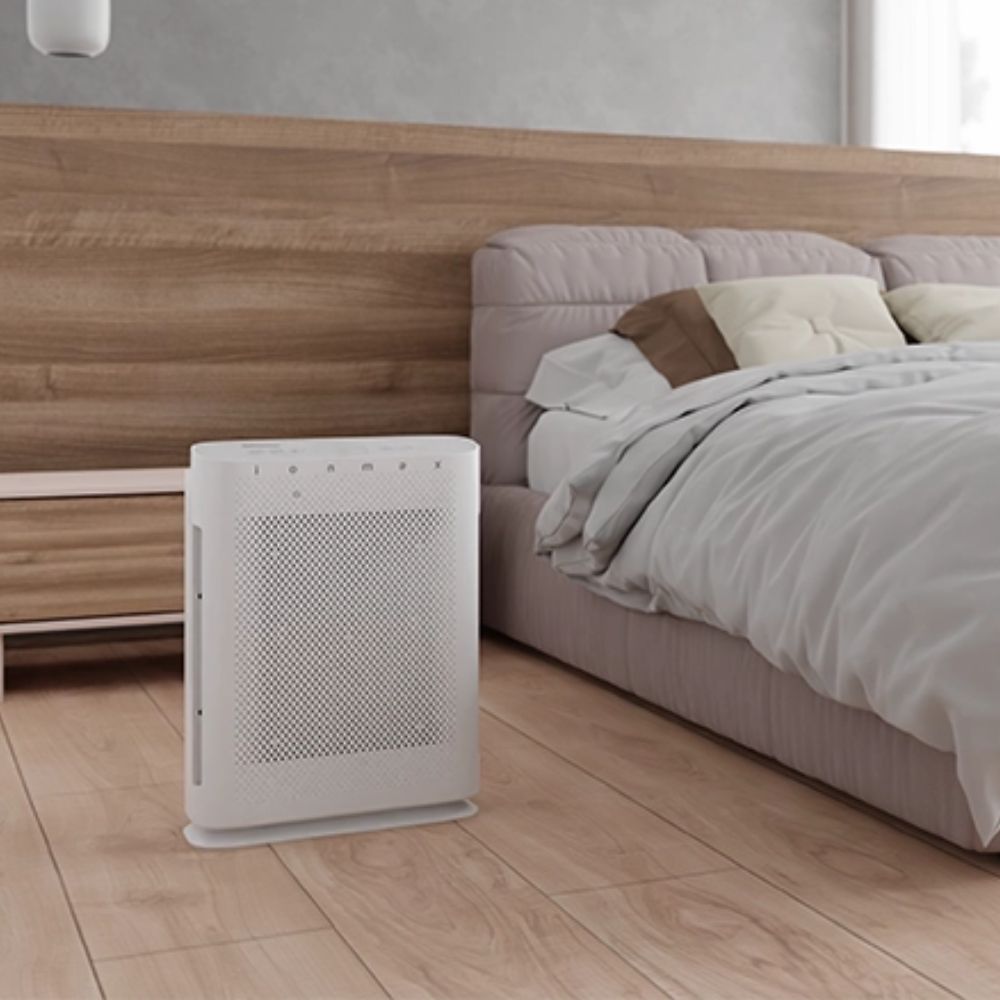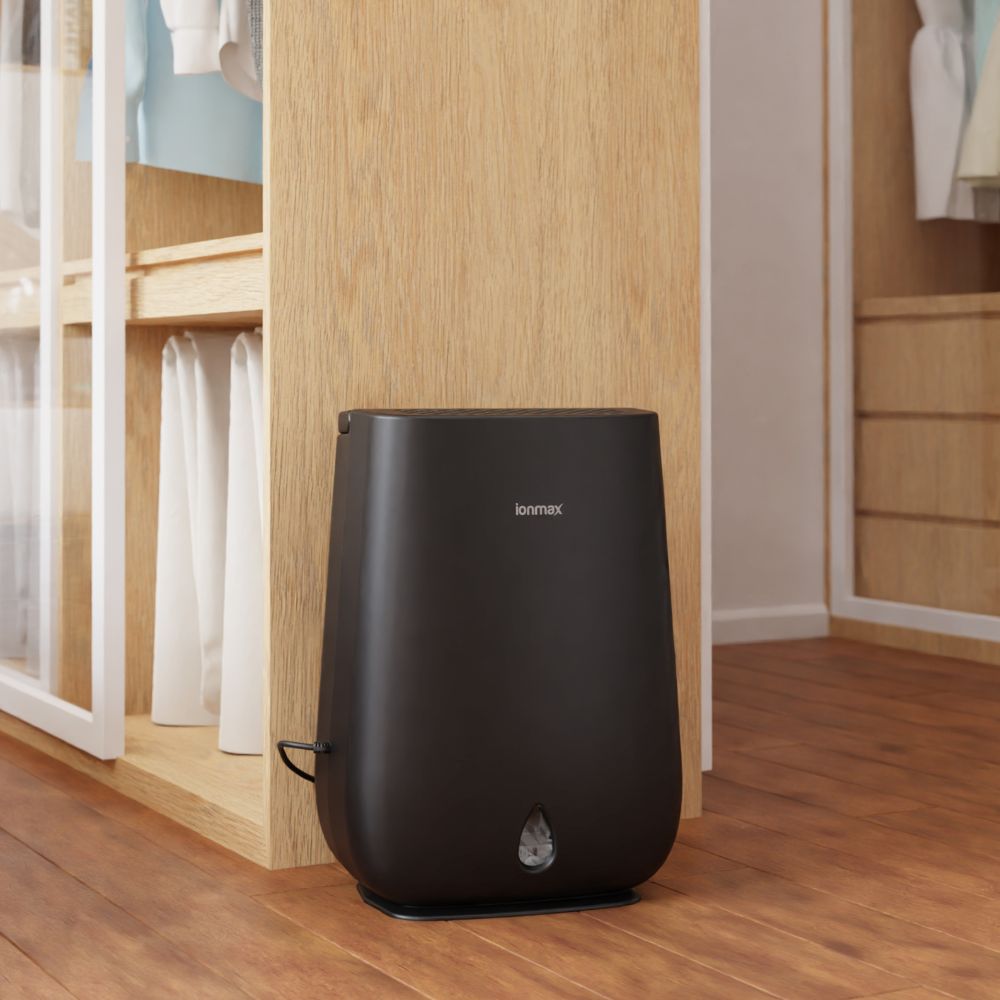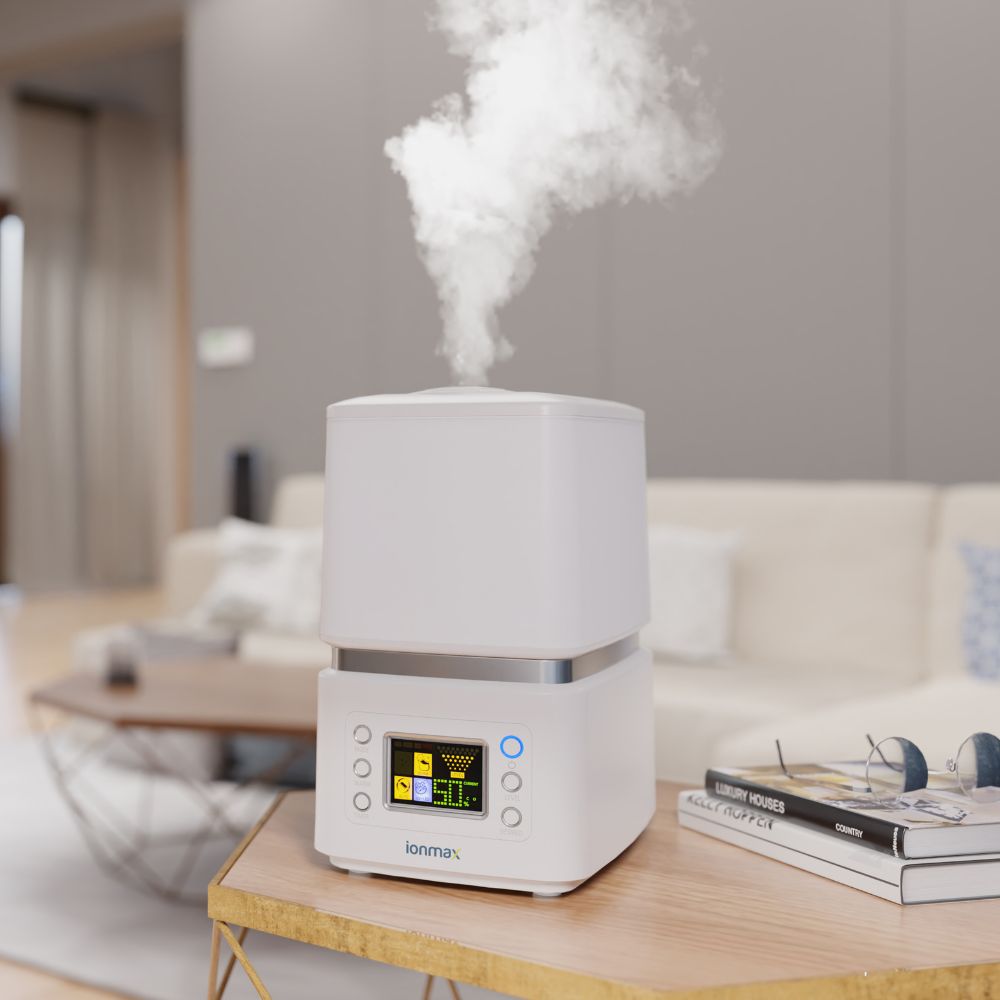Smoke particles are extremely small particles that fall under the PM2.5 category and they can penetrate almost any surface in any room in your house, even if you only smoked in the living room. The smell of smoke and nicotine will stick to interior walls, household linen (your sofa, chairs, and curtains), carpets, and window screens, creating an unpleasant smell throughout the home.
Needless to say, the smell affects the atmosphere of your home instantly, and is especially obvious and unpleasant to guests who don’t smoke. The stale smell of cigarette smoke is also a health hazard, especially to children, the elderly, and patients with allergies or asthma. If you are a renter, or a homeowner wanting to sell your home, it’s important to ensure this smell is gone completely.
Also, understand that spraying room air fresheners and burning scented candles will only mask the odour temporarily. Opening windows to provide some ventilation will help to dilute the smell, but won’t remove it permanently. To truly deodorise your home, you must remove the source of the problem.
To remove the smell of cigarettes from your home, here are some tried and tested steps to do it effectively.
Use vinegar or baking soda to get rid of cigarette smell

Buy lots of vinegar! Smoke smell is caused by leftover resins and tars, and vinegar is an acid that can cut through resin and tar, making it an excellent (and cheap) solution to clean surfaces. If you don’t like the smell of vinegar, don’t worry – unlike cigarette smoke, the smell of vinegar will diminish over time.
You can also get ammonia, baking soda, activated charcoal, carpet cleaners, and any other cleaning agent you want. If you prefer buying cleaning products, look for those that have baking soda, activated charcoal, or hydrogen peroxide – these ingredients help to absorb, deodorise, and neutralise odours and smells. Be sure to read the ingredients list carefully as some household cleaners contribute to indoor air pollution. If concerned, opt for eco-friendly cleaning products, or stick to vinegar and baking soda mixtures (they’re cheap and effective, too!).
Note: For best results, leave your home for one night after the first day of cleaning to let the cleaning materials soak in and do its magic.
Now, let’s begin!
Ventilate your home

Open all the doors and windows in your home and switch on your fans to air it. You can also place fans strategically throughout your home for added effect, such as by pointing the fan at corners of the room where ventilation is not as good.
Deodorise the air
You can purchase odour removal products from your local store, but make sure they include the cleaning agents mentioned above and won’t simply mask the odour without getting rid of the smoke. You can also dampen a dish towel with vinegar and wave it around the room for a minute or two, or leave bowls of vinegar or baking soda around your home to help absorb the smell.
Deodorise your furniture and linen

Gather all your clothing, duvets, curtains, sofa covers, towels, pillows – anything that is cloth or linen and can be washed. Even if it doesn’t smell like smoke to you, get it washed. As mentioned before, even if there’s a room you didn’t smoke in, the cigarette particles and smell would have gotten into them as well.
Dry cleaning is one option to remove the smells from your household items. You could also steam-clean upholstery using special deodorising shampoos. Otherwise, use the appropriate washing detergents to clean and remove the smell from them. Don’t bring these items back into your home until you’ve completed the rest of the steps below.
Sprinkle the rest of your furniture (sofas, cushions, pillows) with baking soda and leave it to settle for a day or two. This will give it time to absorb some of the smoke smell and any moisture around it. The next day, vacuum it up and repeat the process a few more times over the course of a week to really remove the smell. Be sure to clean the corners and folds of your sofas, too!
Scrub the walls and ceiling clean

Remember, smoke particles stick to the walls, too, so if you don’t do this step, you’ll still smell the smoke after cleaning your furniture. Mix a bucket of white vinegar and warm water at a ratio of 1:1, and then wipe down walls and hard surfaces using a clean rag. Repeat if you see streaks of discolouration (smoke can stick to walls and create a light brown film coat).
Ammonia also works, but some people may be deterred by its very strong smell. Mix a bit of ammonia with water, apply (spray) directly to the wall and let it sit for about 5 minutes before wiping it off. Follow with a clean rinse of warm water. Make sure you wear protection for your eyes and hands, and have the room well ventilated to get rid of the strong smell of ammonia.
For even tougher cigarette stains, you will need a product called T.S.P. (Trisodium phosphate), which is often used by fire and water damage companies. TSP is a strong stain remover and degreaser and works wonderfully at removing soot and smoke, but it also damages paint, so be careful when using. Follow the manufacturer’s instructions when using this.
Another part of the house we tend to forget to clean is the ceiling. Use a dry chemical sponge (also known as a dry cleaning sponge or soot sponge) to remove smoke residue from the ceiling. You can also use this to clean your lampshades and other materials that can’t get wet.
Clean windows and other hard surfaces

Repeat step 4 with your windows. Heat that comes from the sunshine can warm up smoke-covered windows and disperse the smell throughout your house if you don’t get them cleaned. The same goes for any lightbulbs you have around the house – take these out and clean or change them. For window blinds, soak them in a bathtub full of all-purpose cleaner, scrub thoroughly and hang to dry.
Don’t forget to wipe down small furniture such as lamp shades, light fixtures, pots, wall hangings, and other hard furniture. Shades will absorb the smell, and it’ll be easier and faster to throw the old ones out and replace them with new ones. Light fixtures, wall hangings, and chandeliers should also be wiped down. Tables, kitchen countertops, dining chairs, and doors need to be wiped down, too. Don’t forget to clean inside cabinets, drawers and closets.
If you have heating, air conditioners, fans, air purifiers, and any other air appliance – clean them too. Replace heating and air filters, as they tend to harbour cigarette odors and other irritants as well.
Clean the carpets and floors

Carpets and rugs will need to be shampooed and steam cleaned to remove the smell of cigarette smoke. Either rent a carpet steam cleaner from your local hardware store and shampoo the carpets yourself, or hire a professional to do the dirty work for you.
You can also try sprinkling baking soda on carpet surfaces and leaving it to soak for a day. Baking soda will absorb the smell of smoke and any moisture in the carpet. Then vacuum the carpet to remove the baking sode. You can repeat this step several times a week to completely remove the smell.
For hard flooring, wipe clean with a mixed solution of hot or warm water and half a cup of white vinegar (Note: Vinegar is safe to use on no-wax flooring). Repeat the process 2-3 times for best results. Vinegar is great to clean and shine your floors, and leaves streak-free results. You can also mix the solution with a few drops of essential oils to add some fragrance to your home. Vinegar can be used with hardwood floors, but it should always be diluted with water and care should be taken to not leave wood flooring too wet.
Final touches

After steps 1 to 6 have been completed and repeated, your home should smell significantly better.
Be patient, though. Cigarette odours will linger around your house and removing it completely will take time, especially if you have a lot of books, stuffed toys, and other times that have absorbed months or years of indoor smoking. Keep these items near open doors and windows for several weeks, or have them wiped down or washed if possible.
Air purifiers for cigarette smoke smell
Air purifiers are effective tools at removing the smell of cigarette smoke as well as capture cigarette smoke particles from the air. Ionmax air purifiers are equipped with multistage filtration systems including activated charcoal filters that help neutralise odours.
Air purifiers from Ionmax are also equipped with the IonX Shield negative ioniser that help remove smoke particles from the air and dropping to surfaces, making it easier to clean.
SHOP NOW: Air Purifiers
However, homes that have had a smoker indoors for too many years may find a strong cigarette odour still lingering even after a thorough cleaning. If that is the case, it might be wise to go to the extreme by replacing carpets with new ones, and repainting walls to trap the odour. Consult with your local hardware store or a paint specialist to find out what the best solution is for your type of wall or paint.
Of course, the best way to maintain clean air indoors is to stop smoking inside the home. Other things you can do to optimise your indoor air quality is:
- Keep your home well ventilated at all times
- Conduct regular cleaning to keep dust, dirt and odours away
- Consider using air purifying indoor plants to brighten up the place and help remove toxins from the air
- Invest in a HEPA air purifier that can remove allergens, bacteria and viruses from the air, as well as deodoriser the air of foul smells and odours such as cigarette smoke smells.
Disclaimer: The information provided in this article is for general reference only. Please seek advice from professionals according to your needs.



